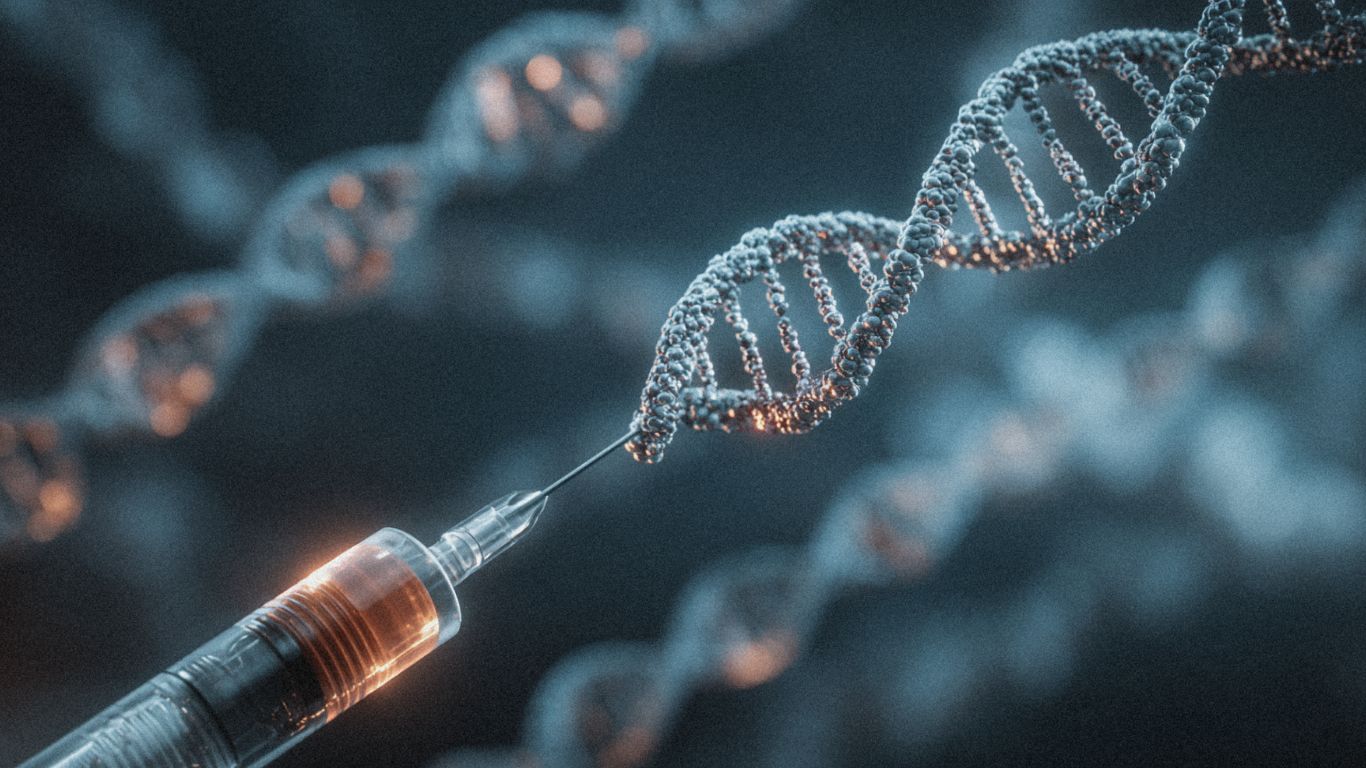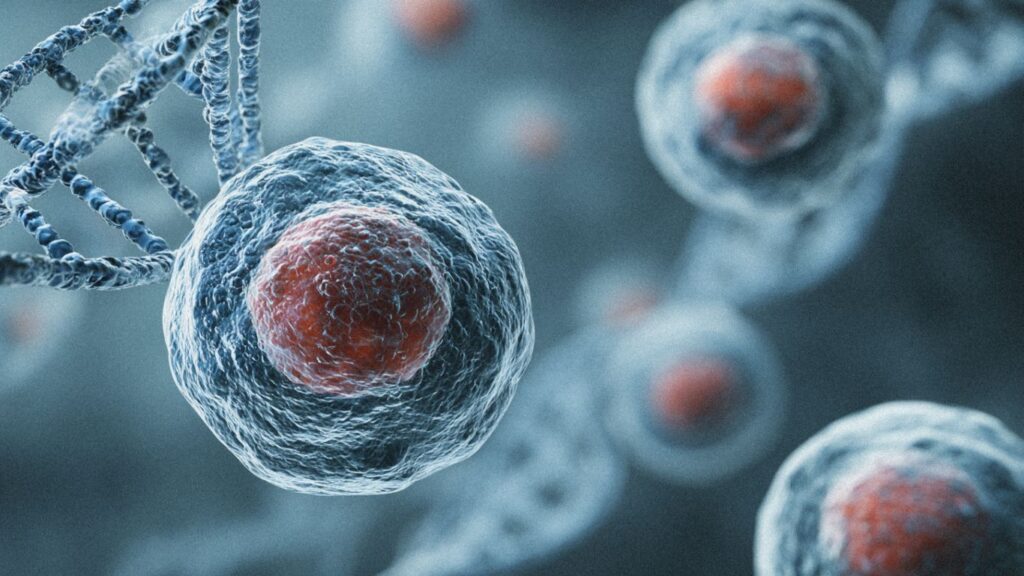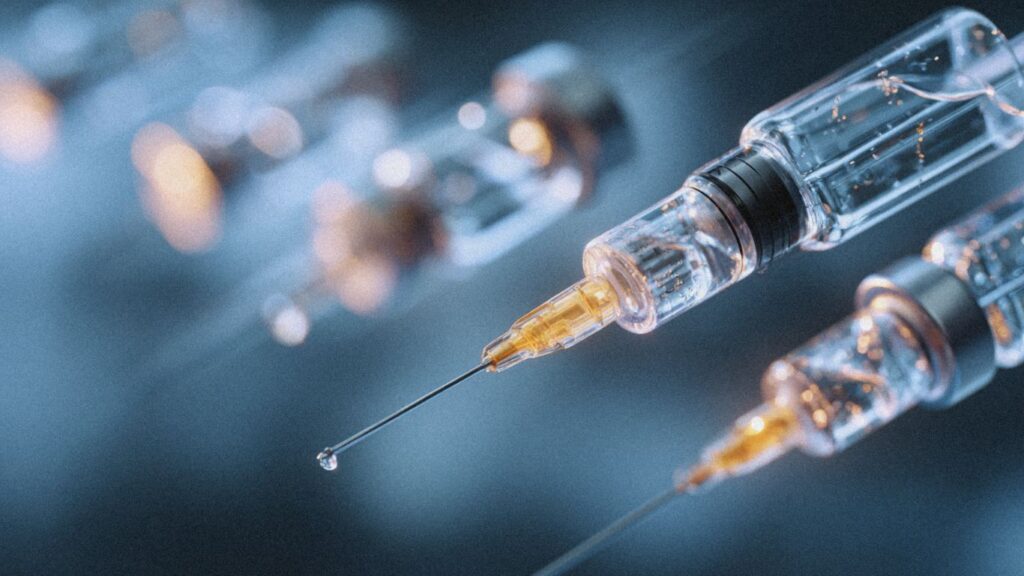Major intellectual property resolution clears path for both companies’ mRNA pipelines
GlaxoSmithKline reached a landmark settlement in its high-stakes mRNA vaccine intellectual property litigation with CureVac, agreeing to pay $370 million upfront while securing reduced royalty rates on future mRNA vaccine developments.
The comprehensive settlement resolves ongoing patent claims that had entangled multiple parties in the mRNA vaccine space, including previous disputes involving BioNTech and Pfizer over COVID-19 vaccine intellectual property.
Financial Terms: GSK will pay $370 million to CureVac at closing, along with an additional $50 million for a portion of future U.S. royalties. In return, GSK secured lower ongoing royalty rates on any future mRNA vaccines developed using CureVac’s foundational technology platform.
The agreement includes a mirrored €350 million payment structure, reflecting the global scope of the intellectual property resolution.
Strategic Impact: The settlement “clears the path” for both companies to advance their respective mRNA pipelines without ongoing litigation distractions. For GSK, the resolution potentially improves profitability margins on upcoming mRNA vaccines while providing certainty around intellectual property landscape.
Industry Implications: The deal signals that heated mRNA patent battles may increasingly be resolved through negotiated settlements rather than protracted court fights. This approach allows companies to focus resources on drug development rather than expensive litigation.
For CureVac, the substantial upfront payment provides capital to advance its mRNA platform while maintaining technology licensing revenue streams. The company can now pursue partnerships and development programs without the overhang of major litigation.
mRNA Market Evolution: The resolution comes as the mRNA vaccine market matures beyond COVID-19 applications into cancer, rare diseases, and seasonal vaccines. Clear intellectual property frameworks support continued innovation and investment in the platform technology.
Analysts view the settlement positively for GSK’s mRNA ambitions, removing a significant uncertainty while establishing a framework for future technology collaborations in the rapidly evolving mRNA therapeutics space.



